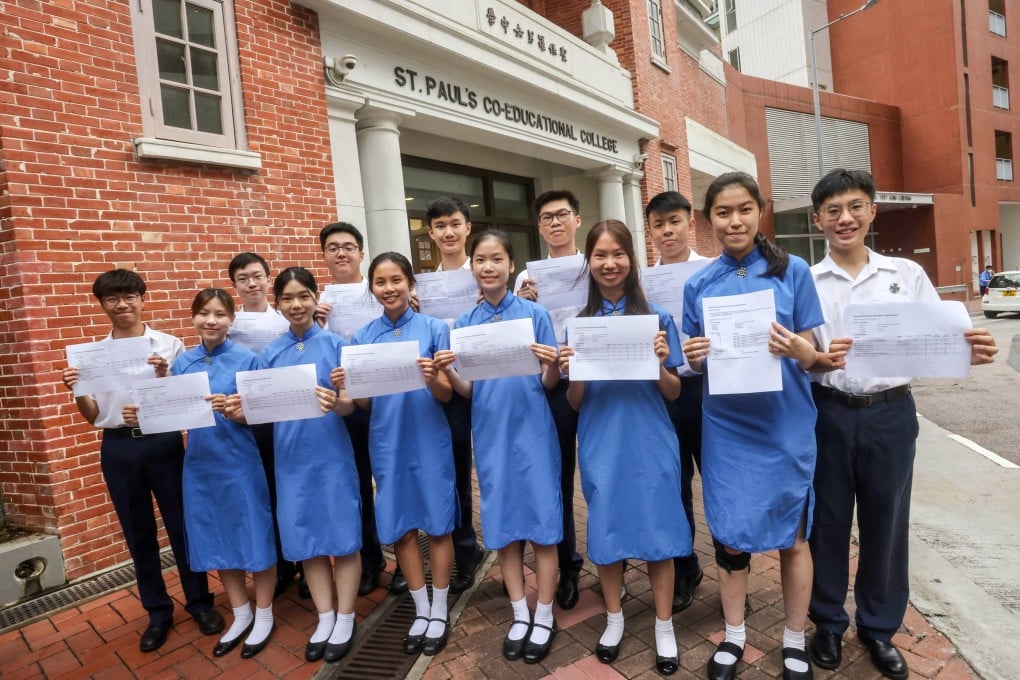Explainer | Why do Hong Kong students shine in the International Baccalaureate? ‘Selective’ entry, well-resourced schools and wealthy homes at play: educators
- Despite drop in perfect scores this year, city remains ‘factory’ for internationally recognised university entrance qualification
- Explaining success, educators cite economic factors and some institutions hand-picking pupils for programme offered mainly at international and private schools

Hong Kong’s two major university entrance exams, the International Baccalaureate (IB) and Diploma of Secondary Education (DSE), made headlines this year for a decline in the number of students with perfect scores.
But the city’s IB results were in line with the global trend, with 179 candidates worldwide achieving the perfect score of 45, down from 640 last year.
Hong Kong, overall, remains a place where students excel in the IB and their scores consistently surpass the global average.
The Post looks at the reasons behind the city’s success and why some consider it an “IB factory”.
1. What is the IB?
The Swiss-based IB diploma programme, which lasts two years, is an internationally recognised university entrance qualification.
In Hong Kong, where most pupils sit the DSE, the IB is offered at only 71 international and private schools which charge high fees.